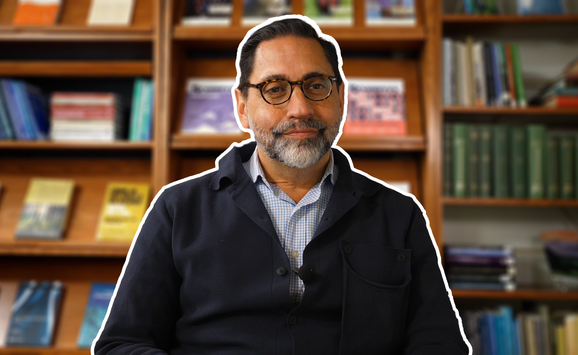A comprehensive climate and energy plan is “on a short track in terms of piecing together legislation” in the Senate, according Sen. John Kerry. The senior senator from Massachusetts said his work with Sens. Lindsey Graham and Joseph Lieberman on a bipartisan climate bill continues and, though he declined to give specifics, said Tuesday "it will be different than anything that has been put on the table in the House or Senate to date."
Kerry’s commitment to action was echoed by a series of key energy and environmental players gathered at the National Press Club to discuss the future of climate legislation. From Capitol Hill to K Street and the White House to Foggy Bottom, climate and energy legislation is still—slowly—moving forward. Indeed, the final—albeit massive—stumbling blocks appear to be determining if a carbon pricing mechanism of any form can garner 60 votes, and getting past health care to the Senate can take the measure up in earnest. And from the shape of the forum’s conversations it looks like emerging clean energy policies will be built around a few key notions:
A price on carbon: Clear price signals, like the kind that would be created once firms were charged for the rights to emit greenhouse gases, have the power to mobilize investment and innovation. If businesses don’t know how much climate regulation will cost them or when it may be set in motion, they can’t figure out to what extent technologies that emit less carbon will be worth investing in. Karen Harbert, president and CEO Institute for 21st Century Energy at the U.S. Chamber of Commerce, emphasized that regulatory uncertainty in health care, energy and other areas is one of the main barriers in the path of economic recovery (although she may well believe that this certainty can be created without putting a price on carbon). Sen. Kerry echoed Sen. Graham’s recent remarks that an “energy-only” bill or a bill without any carbon pricing mechanism does not have the teeth necessary to create strong incentives for business.
A preference for legislation over regulation: In accordance with a 2007 Supreme Court ruling, the Environmental Protection Agency is running a course parallel to Congress and designing agency plans to regulate the emission of greenhouse gases under the Clean Air Act. Nearly every participant in Tuesday’s forum expressed a clear preference in climate policy for the flexibility of legislation over EPA regulation. Legislation provides a clearer path for designing a program that is best suited for regulating greenhouse gases—whether through cost containment mechanisms or coverage tailoring—instead of the traditional air pollutants originally intended for regulation through the Clean Air Act.
Jobs, Jobs, Jobs (not in China, China, China): Since the economy and jobs are the top priorities of the American people, the administration and the Republican Party, the climate debate will continue to be dominated by arguments on both sides that their support or opposition for an energy and climate bill is better for the economy than the alternative. Sen. Kerry cited a variety of studies showing that hundreds of thousands to millions of jobs in clean energy industries will be created by cap-and-trade legislation. Multiple panelists pointed to China’s $400 billion in domestic clean energy financing as a critical reason for the United States to move rapidly and not risk falling behind in what many see as the greatest economic opportunity of the 21st century.
Andrew Stevenson is a research assistant at Resources for the Future and regular contributor to Common Tragedies.




